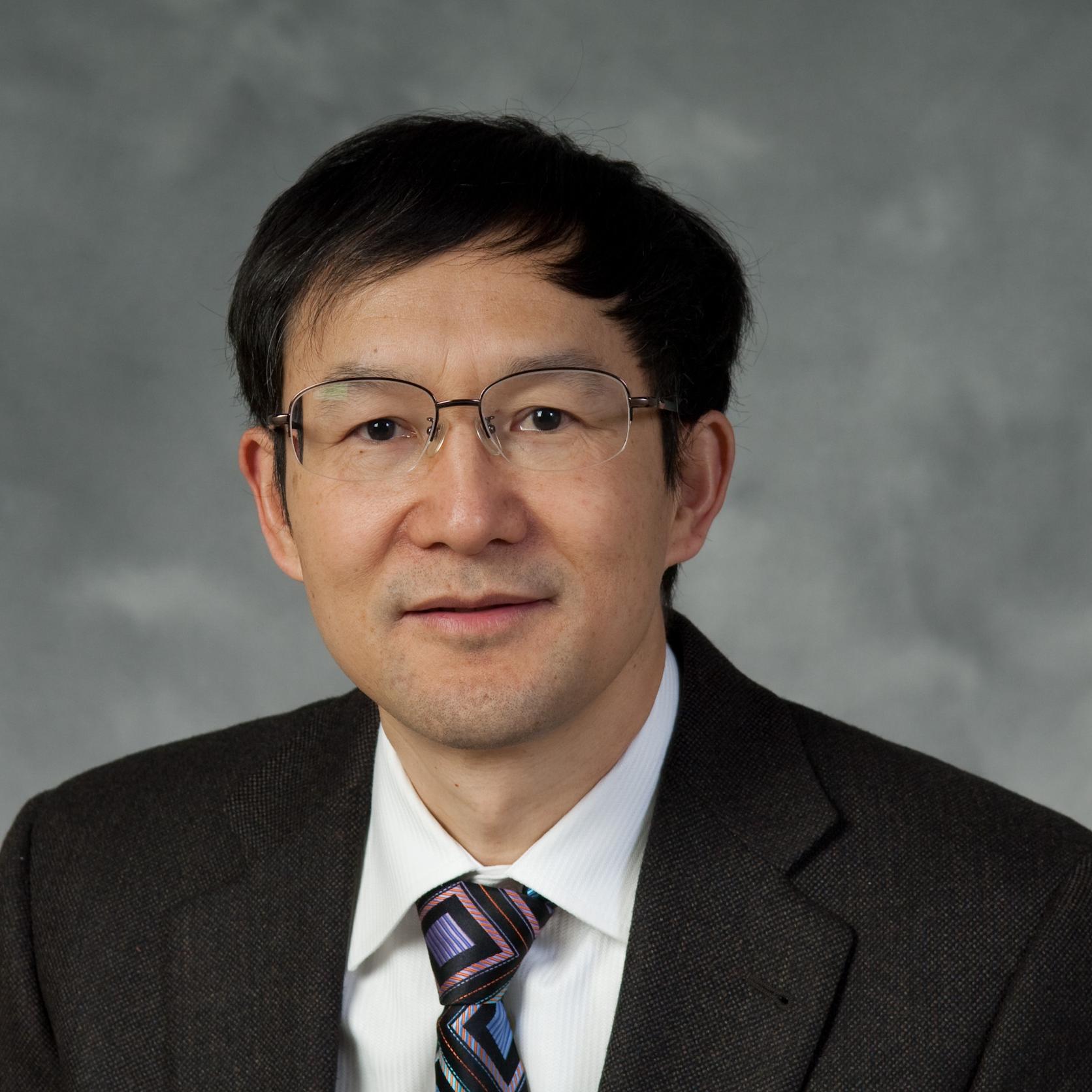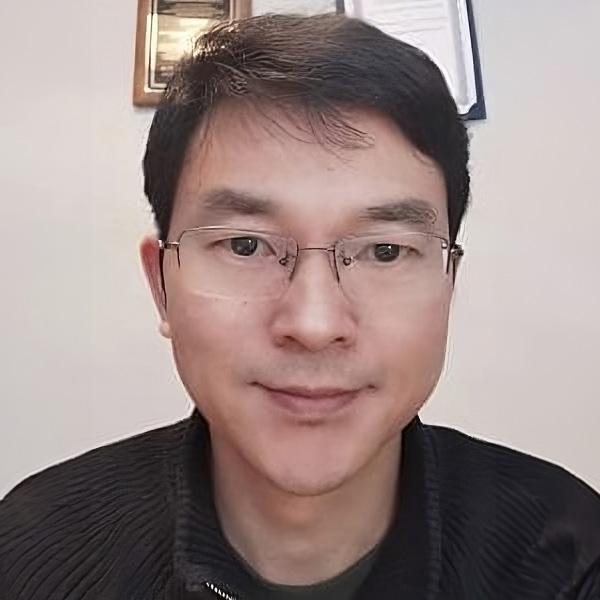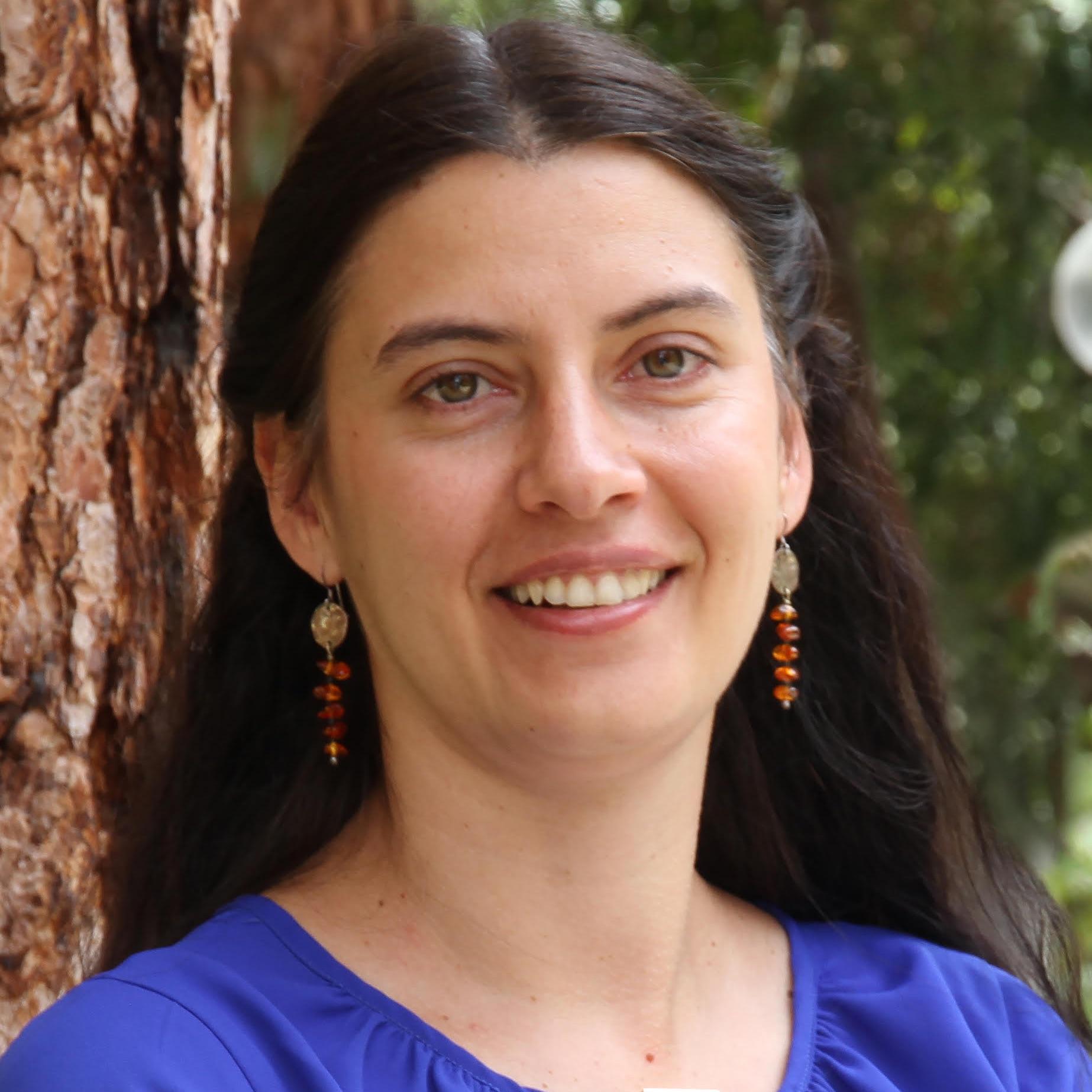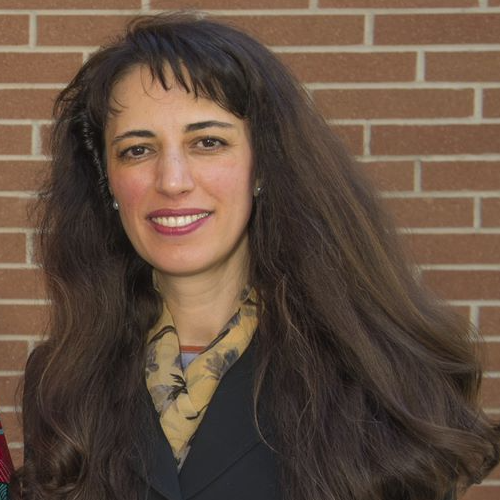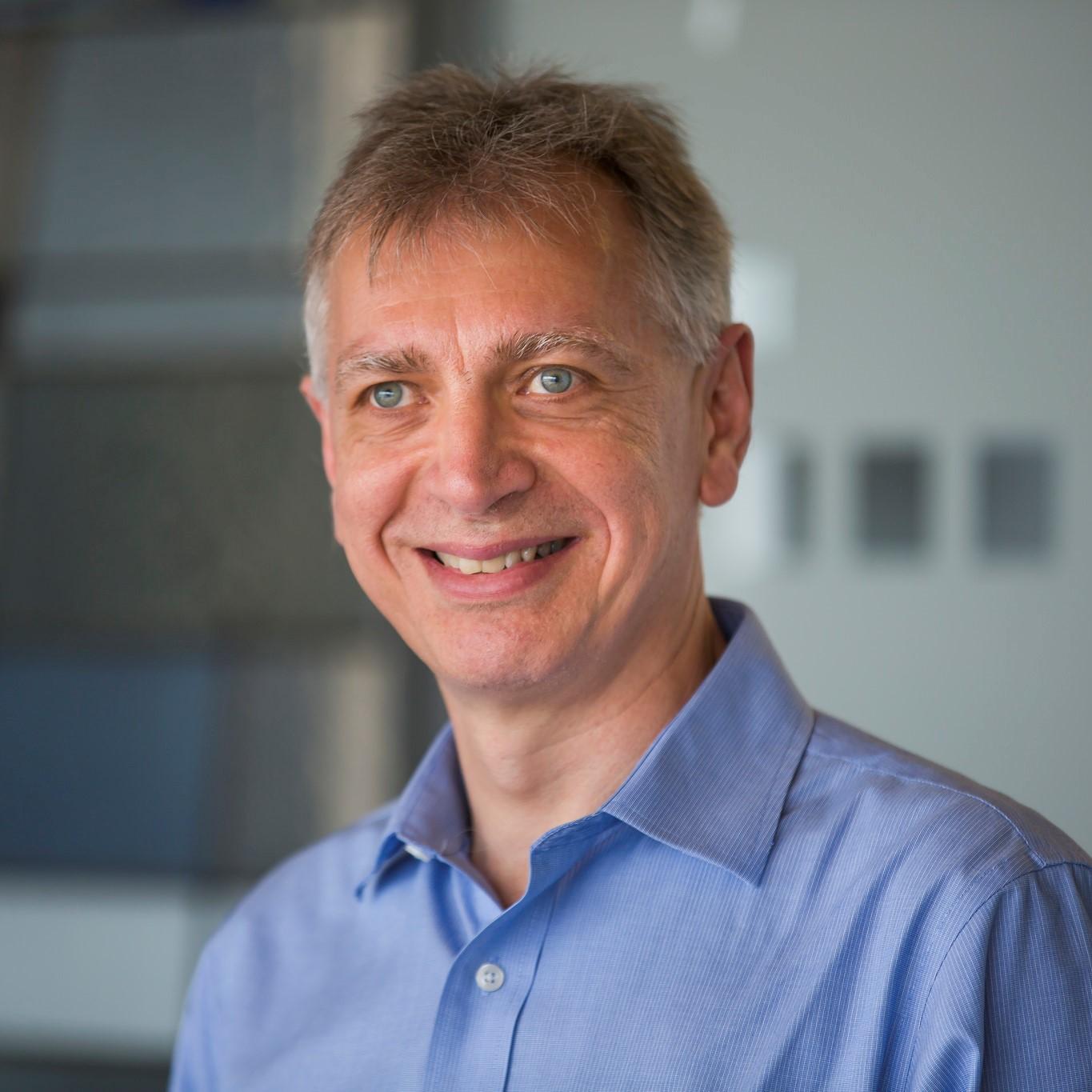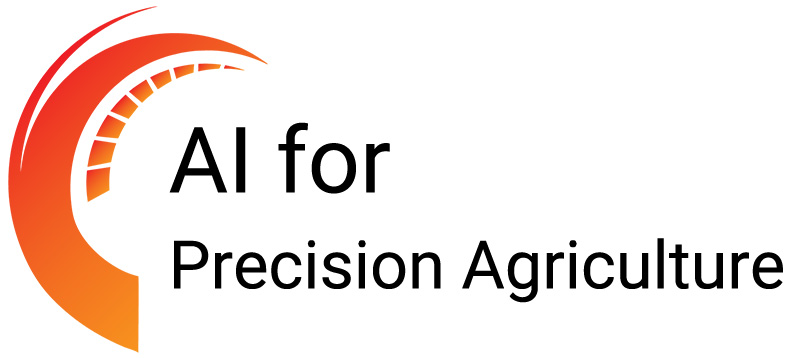
Agriculture has significant environmental impact and gas emissions, with food being produced far from where it is consumed. AI4OPT envisions a decentralized agriculture where the production is next to consumption and supply chains are bypassed entirely. The vision is centered around the concept of hydroponics (soilless farming), where nutrients are directly provided to the roots of the plants. At scale, hydroponics could reduce land use by 80% and water use by 90%.
To make hydroponics a vision, AI4OPT, and its partners, combines robotics systems to monitor plants, computer vision to estimate plant growth, biology-inspired machine learning, and reinforcement learning to tune how much and which nutrients are provided to the plants. The overall problem leverages AI, multi-objective optimization, and uncertainty quantification.

